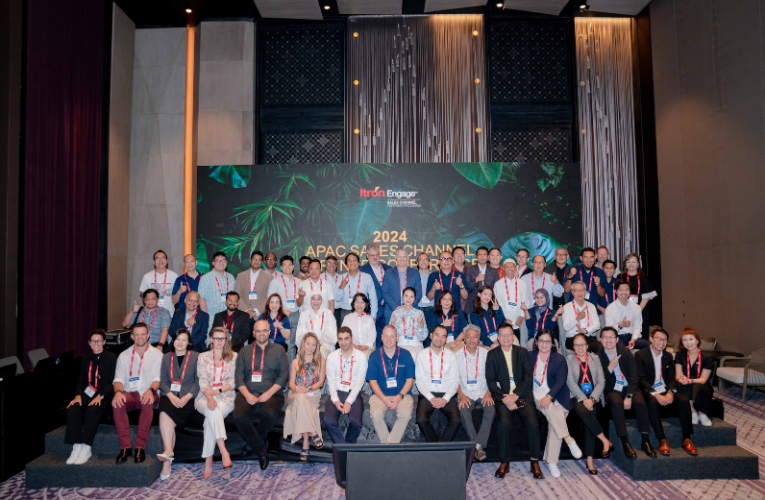
Industry Insights
Leveraging IIJA to Create More Equitable Communities
Federal funding programs like the Infrastructure Investment and Jobs Act (IIJA) continue to place emphasis on equity, which is important for utilities to be aware of when applying for or collaborating with local stakeholders on federally funded projects. Utilities are required to establish project frameworks that measure specific outcomes and show how deployments benefit the community’s most underserved citizens. In this edition of Itron’s IIJA blog series, we’re taking a closer look at the increasing regulatory focus on equity, how an Itron customer is actively utilizing IIJA funding and Itron’s role in the process.
Understanding Equity in Federal Funding
The IIJA prioritizes disadvantaged communities in agency planning decisions, advancing equity and environmental justice through new or expanded funding announcements, program considerations and eligibility criteria. The White House coined the term ‘disadvantaged’ to describe communities that are above the threshold for one or more environmental or climate indicators in addition to socioeconomic indicators such as low income, high rent burden, members or groups that have historically experienced discrimination based on race or ethnicity, etc.1 These communities often face significant environmental and health challenges due to historic underinvestment and close proximity to pollution sources.
The IIJA also incorporates specific equity-focused language reflected in the Biden Administration’s executive orders (EO), such as EO 14008, which includes the Justice40 Initiative. This initiative aims to deliver 40 percent of relevant federal investment benefits to disadvantaged communities and tracks project performance with the Environmental Justice Scorecard. The IIJA activates these policy commitments through legislatively authorized programs, requiring applicants to gather input from disadvantaged communities and prioritize investments in historically underserved and economically disadvantaged areas such as rural communities and tribal lands.2
Equity and IIJA Funding in Action
Sacramento Municipal Utility District (SMUD), Itron customer and electric utility located in Sacramento, CA, is an excellent example of how a utility can prioritize equity while achieving exceptional project deployment results with IIJA funding and Itron solutions. In October 2023, the utility was awarded a $50 million grant from the Department of Energy Grid Deployment Office’s Grid Resilience and Innovation Partnership program for its Connected Clean PowerCity® project, which includes the deployment of several projects that accelerate equitable renewable integration without compromising grid reliability and ensure all communities in their service area have access to clean air and innovative technologies such as solar, electric vehicles and batteries.
SMUD’s efforts to reach zero carbon by 2030 and its Connected Clean PowerCity projects include key strategies designed to benefit local disadvantaged community members. Benefits include optimized rates, workforce development programs and education opportunities that support clean energy careers. In addition, SMUD continues to cultivate innovative, equitable pathways for customers to lower their own energy bills and actively participate in reducing their carbon footprint. One example is the utility’s close collaboration with the local community to support EV adoption through an array of programs, including virtual power plants, managed EV charging solutions, electrification incentives, residential and commercial workshops on emerging energy technologies and EV test-drive forums.
Moving forward, SMUD has plans to collaborate with the Wilton Rancheria Tribe of Miwok Indians, which will include a holistic evaluation of building electrification opportunities and the integration of solar, storage and electrification on Tribal lands onto the regional grid.3
Work with Itron to Apply for IIJA Funding
SMUD is one of many utilities leveraging IIJA funding and Itron solutions to create more equitable communities. Prioritizing investments in historically underserved and disadvantaged areas presents a pivotal opportunity for utilities to modernize needed infrastructure, deploy cutting-edge technologies and build communities where everyone has access to essential services.
At Itron, we are committed to supporting utilities as they navigate this evolving landscape by providing the tools, expertise and solutions needed to create meaningful, measurable outcomes and more resilient communities. For more information, reach out to Dave Stensland, business development director, IIJA, or Liz Thompson, business growth manager and sign up for future information and announcements related to IIJA at www.itron.com/iija. Check out other related blogs in our IIJA series here.





